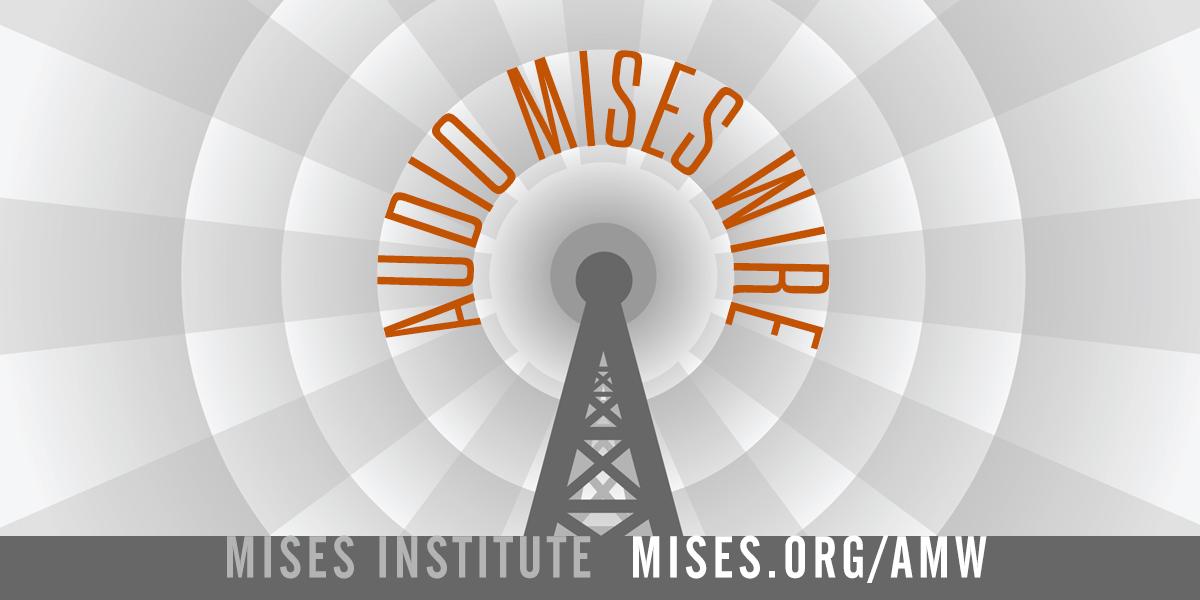If Republicans Oppose Lawfare, They Shouldn’t Have Been Its Architects
The concept of “lawfare” represents the utilization of legal systems and legal tools to achieve political objectives rather than seeking to uphold justice. In recent years, this practice has become a notable strategy employed by various political factions, notably among Republicans. This trend raises the question of whether those opposing lawfare should first acknowledge their role in unleashing its potential consequences. The Republican Party, in their quest to battle perceived injustices and political adversaries, have both weaponized the legal system and inadvertently opened the doors for legal battles that may threaten their own interests.
The recent political landscape has showcased numerous instances where legal challenges have been prominently featured, often driven by partisanship rather than the pursuit of justice. High-profile cases, especially those involving former President Donald Trump, epitomize this dichotomy. Instead of adhering to conventional political contests through debate and votes, the reliance on legal actions has ballooned, illustrating a dangerous precedent of solving political disputes through litigation. This phenomenon has not only polarized the electorate but also undermined the integrity of legal institutions, inviting scrutiny and skepticism toward the motivations fueling such actions.
Moreover, the participation of Republicans in lawfare can be traced back to their own legislative strategies and tactics employed during recent elections. The GOP has adeptly utilized legal frameworks to challenge the actions of administration officials and advance their political agenda, such as defense of voting restrictions and curtailing certain civil liberties justified under the banner of election integrity. While these maneuvers may have seemed advantageous in the short term, they set a troubling precedent that has lent credence to a cycle of ongoing legal warfare, ultimately endangering the very foundations of democratic norms.
The ramifications of engaging in lawfare extend beyond immediate political gains or losses. It risks eroding public trust in the legal system, as constituents begin to perceive legal actions as tools of vengeance rather than vehicles for justice. Consequently, as both parties become embroiled in legal skirmishes, it cultivates a toxic environment where partisan advantage eclipses the traditional principle of equitable justice. The threat posed by this erosion of trust is substantial; once the public believes that legal mechanisms are unjustly weaponized, it creates a schism, fostering cynicism towards all political processes and institutions.
As both sides of the political spectrum indulge in lawfare, there emerges a critical need for reflection and potential reform. The divisions within the political landscape prompt an imperative discussion on establishing parameters that prevent the ongoing escalation of legal disputes meant to serve political purposes. Bipartisan efforts may be essential in restoring faith in democratic processes by emphasizing the importance of judiciary integrity and prioritizing political discourse over legal battles. Such discussions should focus on creating frameworks that affirm the rule of law while disincentivizing manipulative practices that degrade the legal process.
In conclusion, while Republicans vocally oppose lawfare as an approach to political engagement, their actions have inadvertently fueled its rise. Acknowledging this paradox is crucial for the GOP as they contemplate the future of their party and the political landscape as a whole. Moving forward, a commitment to prioritizing genuine political discourse and diminishing reliance on legal maneuvers is essential. Only through embracing a more principled stance can Republicans—and the broader political arena—hope to reclaim public trust in the institutions meant to serve justice and democracy.
Share this content:












Post Comment